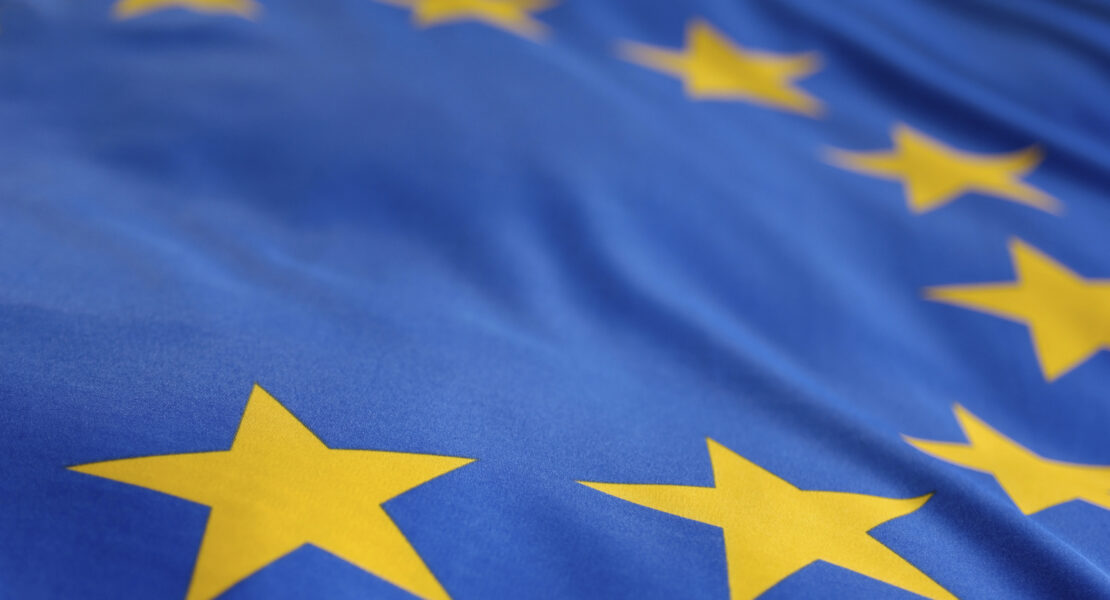The EU Commission launched its Digital Single Market (DSM) initiative on 5 May 2015. The initiative has a very ambitious and wide ranging scope with the intention of enabling the free movement of goods, persons, services and capital in online activities and allowing individuals and businesses to seamlessly access and exercise online activities, with a high level of consumer and personal data protection.
The initiative is built on three pillars:
- Better access for consumers and businesses to online goods and services across Europe;
- Creating the right conditions for digital networks and services to flourish;
- Maximising the growth potential of the EU European Digital Economy. Keeping track of all of the DSM developments is a challenge. The multiplicity of initiatives means that it is difficult to keep track of progress in all of the initiatives. Our DSM Progress Tracker v070116 provides a single source of guidance on the progress of the DSM initiative.. ].
- The Digital Single Market Tracker will be kept up-to-date throughout the lifetime of the DSM programme.
- The EU Commission has a very ambitious programme of legislative change associated with the DSM over the next couple of years. This covers a huge number of areas, from cross-border parcel delivery and VAT treatment, through satellite, cable and audio-visual media, on-line contracts and copyright developments, ICT standardisation and e-government. The EU Commission has identified 16 separate initiatives as part of the programme. Many of the initiatives, such as the e-government initiatives, are continuations of existing initiatives which have been given increased impetus as a result of the DSM programme.




